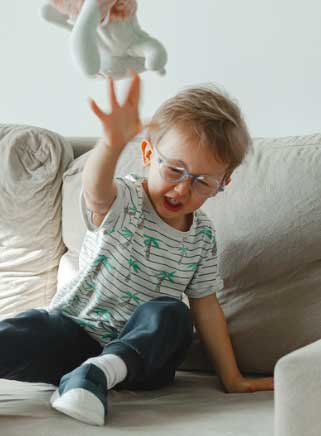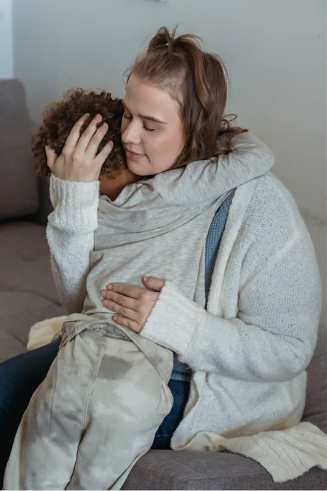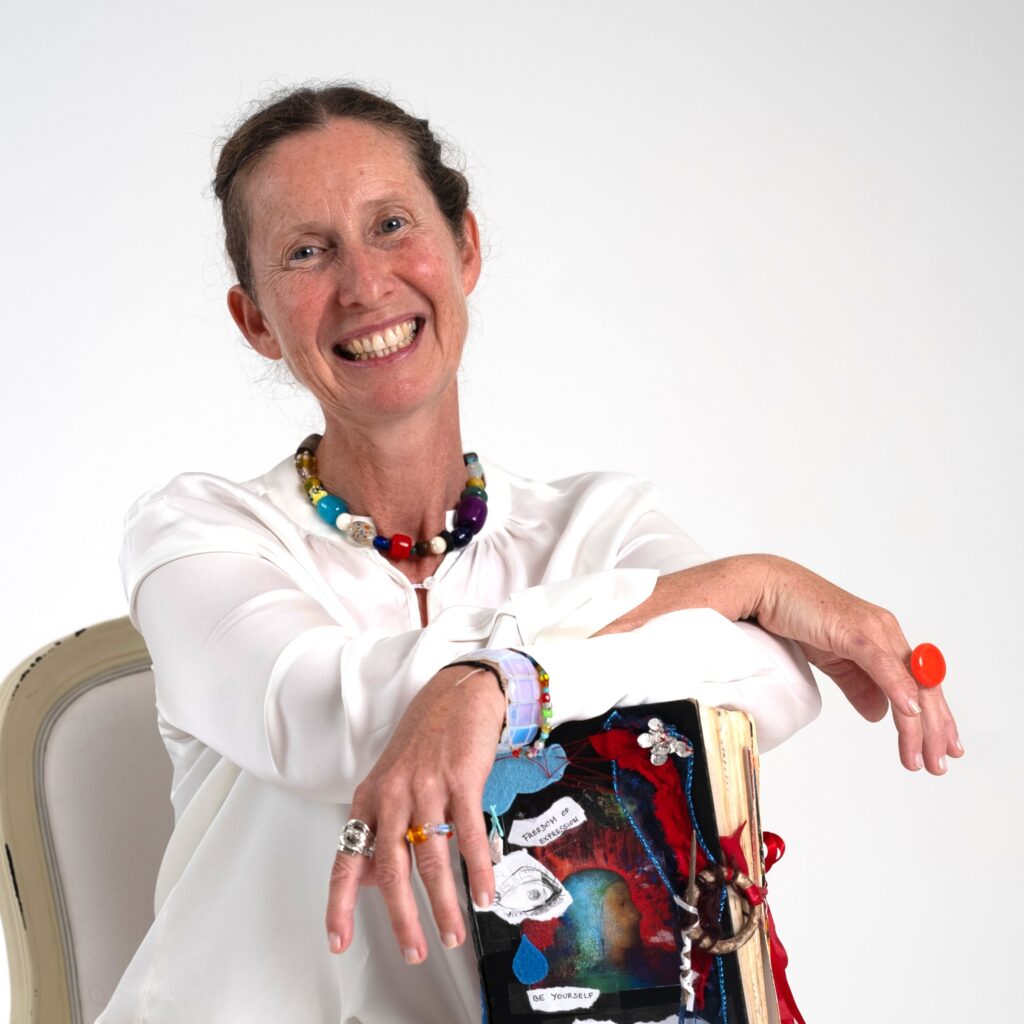Child Mental Health
Child Mental Health
Child mental health refers to the emotional, psychological, and social well-being of children. It encompasses various aspects of a child’s mental state, including:
- emotional regulation
- ability to form and maintain relationships
- cognitive functioning
- overall resilience in coping with life’s challenges
Child psychological therapy is a specialized form of counselling or psychotherapy designed to address the unique needs of children and adolescents. It aims to promote positive mental health and well-being, identify and address mental health challenges, and provide support during various stages of development

Here’s how child psychological therapy can help

Child therapy helps children develop effective strategies for understanding and managing their emotions. Therapists work with children to identify and express their feelings in a healthy and constructive manner.
Children may exhibit challenging behaviours due to various factors such as stress, trauma, or developmental issues. Psychological therapy helps identify the underlying causes and teaches children alternative, more adaptive behaviours.
Therapists help children develop and improve their social skills, including communication, empathy, and conflict resolution. This is crucial for building positive relationships with peers and adults.
Child therapy addresses common mental health issues such as anxiety and depression. Therapists work with children to identify triggers, develop coping strategies, and foster a more positive outlook.
If your child is experiencing emotional, behavioural or relationship challenges at home or at school, a psychologist may be able to assist with this change.
How can COPE help?
At COPE, we understand the challenges that many families face when raising a child and/or adolescent. We are able to provide support for the following issues but are not exhausted to, familial and parenting challenges, behavioural and developmental difficulties, ADHD, attachment and separation anxiety issues, eating disorders, schooling troubles and violence. We hope to provide a neutral, safe space to ensure your child’s concerns are heard and valued.
We will ensure we provide support to both the child and parent to ensure long-term strategies and solutions are effective and appropriate.
Depending on the age of the child, our psychologists will use different techniques to ensure the client is engaged and responsive to therapy. The presence of toys, games and other materials in our therapy rooms are available to accommodate younger children and to allow for the use of ‘Play Therapy’. If the child is older, we ensure that a discussion of their emotions is central to the session. We will often incorporate topics that the child may be interested in to assist with their engagement.
Our Creative Arts Therapist
AThR
Creative Arts & Psychodynamic Psychotherapist
